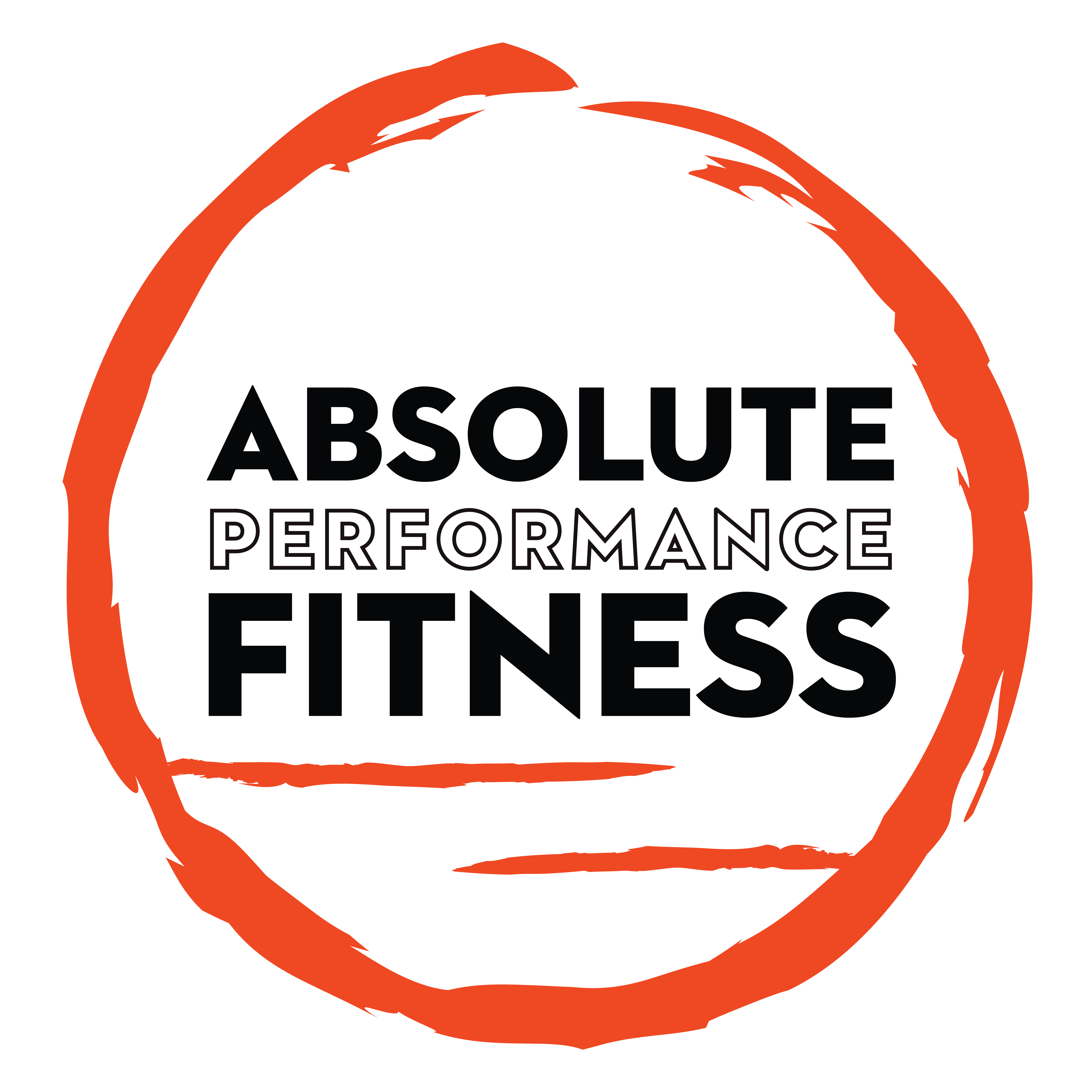Nutritional Coaching
Nutrition Services

Quickstart Plan
If you are tired of mindless eating and want to get a handle on it fast, there are a number of important principles you must understand.
These 8-weeks of nutritional guidance and support will be enough to get you started. We will review your current eating habits and make necessary adjustments, while building your understanding of what is on your plate.
- 60-minute initial assessment
- Current eating habits review
- 4 nutrition follow-up calls (30 mins)
Investment: 297 USD

Nutritional Academy Plan
This 12-week program is meant to build your nutritional knowledge, and equip you to eat well at home, in the office, or on the road. We will also help you to create a kitchen environment, supportive of the change you seek to achieve.
- 60-minute initial assessment
- Current eating habits review
- Weekly follow-up calls (30 mins)
- Fridge and Pantry Audit
- Suggested recipes
- Eating for your body-type
Investment: 777 USD
Try our Complimentary
7-Day Metabolic Reset Challenge
We welcome you to try our complimentary Metabolic Reset Challenge!
Experience for yourself the change a balanced nutrition can bring to your life. You will follow a fully structured program that includes nutrition, mindful journaling to control stress, and a simple movement protocol. The aim is to eliminate foods that may be causing a systemic inflammatory response and bloating in your GI tract. You will learn the importance of regular hydration and how to integrate it into your every day with ease.
Follow the link and get started below.
F.A.Q.
Questions and Insights that come up all the time
No, you will not be receiving a meal plan. Although you will receive recipe suggestions for each one of the meals, when and if appropriate in your specific case. There are several main reasons why we don’t find meal plans as beneficial.
Firstly, you may have already tried meal plans, and they are hard to adhere to long-term, as they are usually extremely restrictive and often lack flavour. We want you to enjoy life and benefit from healthy eating too, so this becomes a permanent change.
Secondly, meal plans are easy to interrupt. Priorities change and some emergencies may arise, and once this happens meal plan is one of the last things on your mind. Have you ever tried to maintain a diet on vacation? It’s unlikely to happen. We expect this and therefore we choose to prepare you for life’s eventualities by teaching you nutritional principles which you may apply wherever you are in the world.
It is strongly recommended to cease any calorie-rich beverages, alcohol, juices, pop, sports and energy drinks, and even coffee may be a suspect. According to some studies Americans consume up 30% of their daily caloric intake in a form of beverages. Furthermore, alcohol puts enormous stress on the liver and kidneys and may result in excess inflammation and backlog the entire lymphatic system. For the duration of the coaching – water, tea and coffee (sugar-free of course) should be your main choices.
Coffee is a bit of a weird subject. It is also one of the most researched substances. We know it has addictive properties, and that it’s athletic benefits are so negligible long-term that it has been taken off the list of the controlled substances for the Olympic sports.
On the other hand it may provide you with mental invigoration and focus needed to perform highly intellectual tasks. Long time drinkers may also experience lower blood pressure and heart rate when continuing with small to moderate amounts of coffee. However introduction of caffeine for new people will result in elevated heart rate and blood pressure, and even possible heart palpitations.
So the answer is quite complex and we would have to settle on “it depends”.
Intermittent fast is not a diet, it is eating schedule. This means that it may be combined with any kind of eating modality: keto, carnivore, vegetarian, pescatarian, etc.
At the core on intermittent fasting is the process that occurs in our bodies after 12-14 hours of hunger called autophagy – body’s way of cleaning up damaged cells. Essentially we are recycling the “garbage” from our normal living. If we never achieve hunger, we never get to do a thorough cleaning. As you may conclude for yourself going hungry is beneficial once in a while.
If you are interested in trying intermittent fast there are several health considerations and we can discuss them as part of your onboarding conversation.
NO! Organic doesn’t automatically means better. Local seasonal fruits and vegetables, organic or not will provide a more complete nutritional profile than delivered from miles away organic produce. Get familiar with your local farmers at the market, so you may trace better the origins of your food ingredients.
You may also want to get familiar with the terms “Dirty Dozen” and “Clean-15”, which represent the most and least pesticide containing ingredients, regardless of being organic or not.


